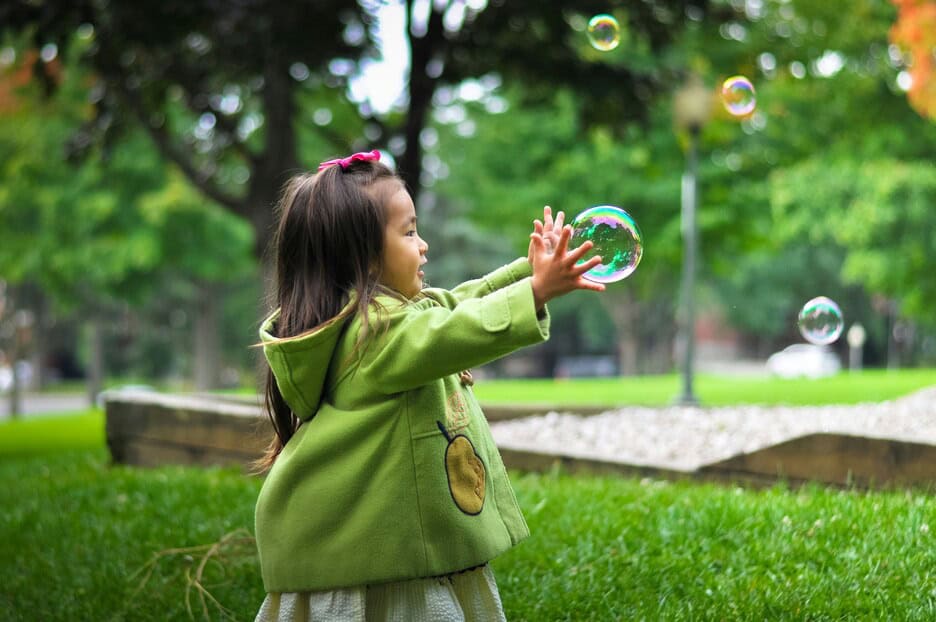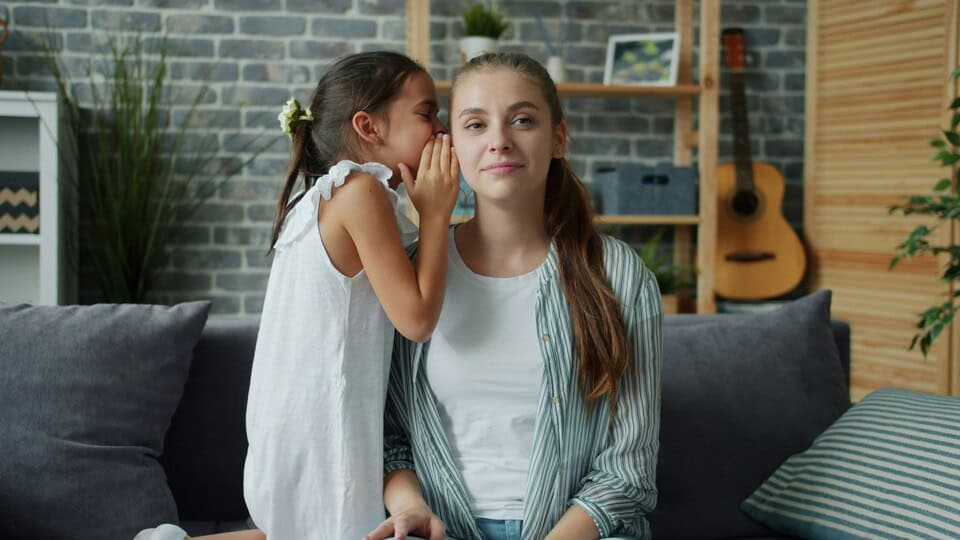Children soak up everything we say and do around them.
And adults, in our rush to finish our chores and get through the day, can often forget that our words can leave a lasting impact.
Some topics are just too heavy for the little ears, so we must be mindful of what we say when they’re listening.
Here are 8 conversations your kids really shouldn’t hear.
1. Money Conversations
When you’re stressed about finances, it’s understandable that you want to talk about it often, but try not to pass that stress to your children.
Hearing you worry about bills can make them feel anxious and helpless.
Kids don’t understand adult financial struggles, but they can sense your worry and feel guilty for not being able to fix it.
Hearing money conversations might even make them think their actions – like asking for an allowance or pursuing sports – are adding to your burden.
You’re making them feel responsible for adult problems.
2. Adult Fights and Arguments
Watching and overhearing fights between parents is very traumatic for children.
They’re too young to understand grown-up issues, but they can feel the tension and anger like it’s directed at them.
Overhearing heated conversations makes them feel unsafe and confused.
And it’s no secret that most kids somehow end up feeling responsible for their parents’ fighting, even when it has nothing to do with them.
Always handle disagreements with your spouse privately and calmly, and create enough distance so your children can’t hear you.
Creating a peaceful environment is needed for kids to feel secure, and also to teach them healthy conflict resolution.
3. Speaking Negatively About Family and Friends
If you talk badly about relatives or close friends in front of your children, they’ll pick up on it, and often, learn to do the same.
Kids tend to imitate grown-up conversations, and hearing negative comments about loved ones can lead them to become judgmental people.
This can damage their future friendships and relationships, and even make them resentful down the line.
Instead, try to model kindness and respect, even if you’re upset.
You can always sit down with a friend to spill some tea, but your children shouldn’t hear it.
4. Making a Child Pick Sides
Pitting a child against one parent or making them choose sides is nothing short of emotional abuse.
Kids love both parents, so involving them in these kinds of conversations is outrageous.
They may feel torn, guilty, and even betrayed, which can damage their sense of security and trust.
Instead of putting them in an impossible position, keep the children out of adult disputes and reassure them that both parents love them equally.
It’s up to you to protect their innocence and let them be kids.
5. Comparing People
Whether you’re comparing your child to others or criticizing someone else, it’s not a conversation they should hear.
Kids easily internalize what they hear and can develop skewed values, and even low self-esteem if it’s them being compared to others.
Comparison sets an unhealthy standard and teaches them to judge others superficially.
They can also become insecure or overly competitive.
Instead, allow them to see you treating others with grace and respect.
They learn much more by observing you than you think.
6. Gossiping and Mocking Others
Gossiping or mocking people around your kids teaches them that mistakes and differences are something to be ashamed of.
When you talk poorly about someone, children learn that it’s okay to shame or ridicule others, which easily leads to bullying.
They might also start to worry about what others say about them when they’re not there.
Be mindful of the conversations you’re having within their earshot; children are, as you know, very impressionable.
Try to teach them that everyone deserves to be treated decently, and that mistakes are natural.
7. Commenting on People’s Bodies
Harsh comments about someone’s appearance can influence how children judge others and themselves.
If you frequently criticize someone’s body or appearance in front of your kids, they might develop unhealthy views about self-worth.
It’s possible to promote physical beauty and healthy weight without putting anyone else down.
Children learn from your attitude.
If you’re having a conversation about someone’s looks, especially if it’s negative, make sure they’re not there to listen.
8. Taking Negatively About Yourself
When you speak badly about yourself, children see that as a sign that imperfections are shameful.
If you tend to put yourself down in conversations or dwell on your failures, they’re going to feel very self-conscious about ever making a mistake.
This can lead to low self-esteem and fear of trying new things.
Eles mirror your behavior, and it stays with them well into adulthood, when it can likely be fixed only through conscious effort or therapy.
Besides, in their eyes, you’re everything.
If you put yourself down and they hear it, they might start to feel lost.
A little Aquarius, devoted to writing and embroidery. Through my writing, I hope to empower readers to align with their true selves and navigate life’s mysteries with confidence.









